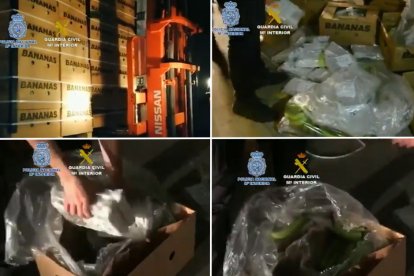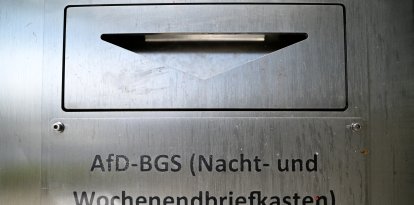Banana boxes: how cartels in Ecuador are trafficking drugs
Recently, Spanish security forces seized 9.5 tons of cocaine that were hidden in a shipment that came from the South American country.

Capture (@policia - Twitter / X)
Drug traffickers are implementing new methods to illegally transport large quantities of drugs. Recently, Spanish security forces seized 9.5 tons of cocaine hidden in a shipment of 1,080 boxes of bananas and plantains from Ecuador.
The shipment is the largest seized by Spain to date and was intended to be sold throughout Europe. Spanish police said in a statement, "This operation was an unprecedented blow to one of the world's most important criminal organizations in the distribution of cocaine, targeting Europe's major criminal networks."
An opportunity for drug traffickers
Ecuador is the largest exporter of bananas globally, distributing about 30% of the world's bananas and transporting approximately 7.2 tons per year by sea. However, the South American country is also one of the largest producers of cocaine — along with Colombia and Peru. Therefore, drug traffickers saw an opportunity to smuggle the drugs in the fruit containers.
The bananas, which are destined for Europe, are harvested and packaged in the same field where they were planted. The boxes are then loaded into trucks that move them to some warehouses in Guayaquil, the Ecuadorian capital. Subsequently, they are placed in larger shipping containers in ports.
Currently, less than 30% of the containers that leave Ecuador by sea are properly reviewed and inspected. This process is done with drug detection dogs or by authorities manually.
The country plans to implement a more sophisticated form of drug detection, including the installation of scanners in the containers. The plan is expected to be operational by mid-2024.
RECOMMENDATION





















